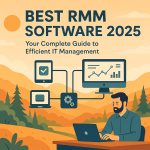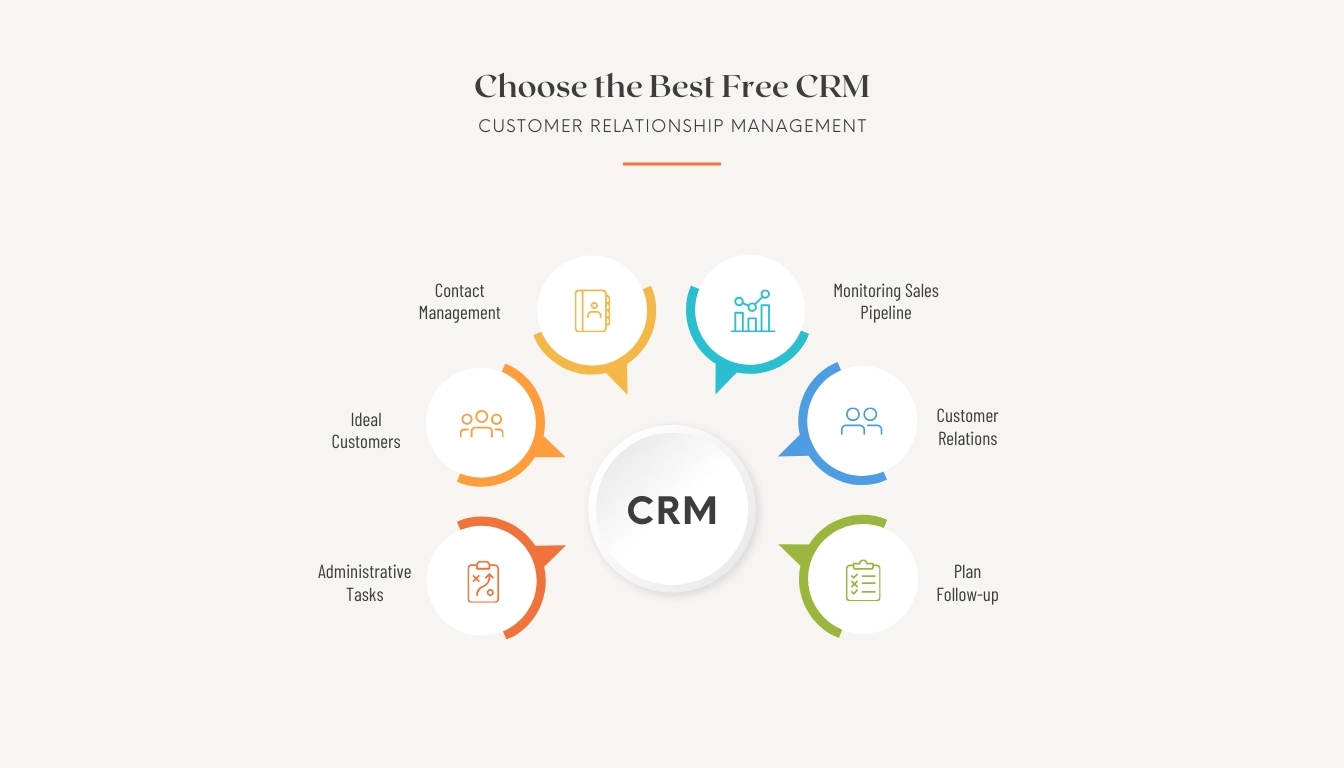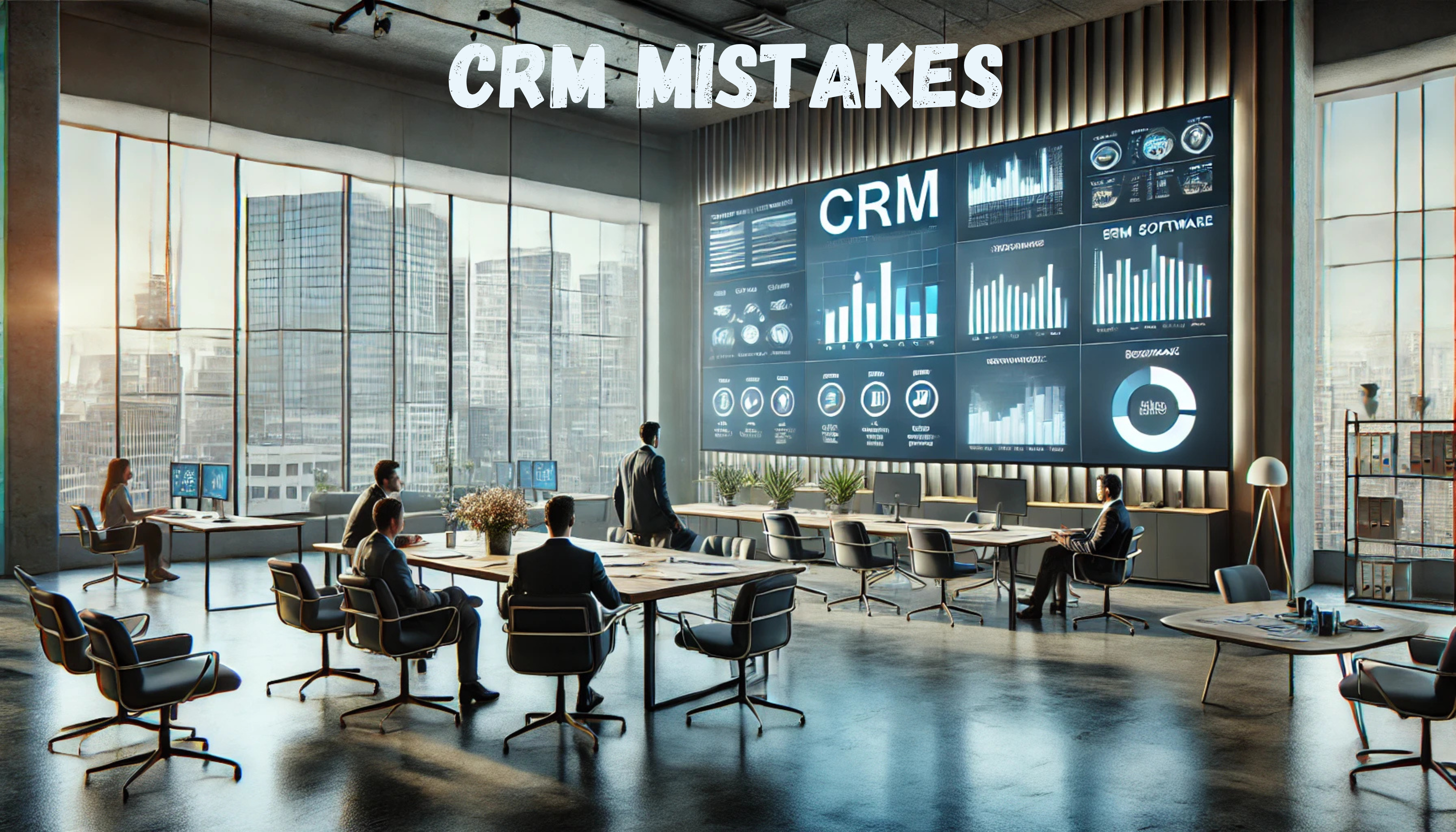Finding the right CRM can change the game for your business, especially with free options. I recently looked at about 80 free CRMs. After testing for dozens of hours, I found the top ten free CRMs for different business needs.
CRM stands for Customer Relationship Management. It’s key for managing customer relationships during the sales process. It centralizes customer interactions and boosts satisfaction. In fact, 47% of businesses see a big jump in satisfaction with CRM.
In this article, I’ll share my insights and experiences. I’ll help you pick a CRM that fits your business goals.
There are many choices, like EngageBay’s freemium plan for 250 contacts. Bitrix24 offers unlimited users for free. I’ll cover what to look for in a CRM for small businesses and the best free options.

Key Takeaways
- Understanding CRM’s importance can transform your customer interaction strategy.
- Evaluating numerous free CRM systems uncovers the best-tailored options.
- Effective CRMs can increase customer satisfaction by almost 50%.
- Several free plans accommodate varying user needs and contact limits.
- Free CRM tools provide essential features without overwhelming costs.
- Finding the right CRM is pivotal for the growth of small businesses.
Understanding Customer Relationship Management (CRM)
Exploring CRM, I see how crucial these systems are for today’s businesses. CRM stands for Customer Relationship Management. It’s about managing interactions with current and potential customers. This includes capturing and analyzing customer data to improve engagement and satisfaction.
A good CRM tool for startups makes these processes smoother. It helps companies improve their customer relations a lot.
CRM tools offer automation, which standardizes important processes. This ensures smooth communication among team members and clients. By using these tools, businesses can better meet customer needs.
Automation cuts down on repetitive tasks. This lets teams focus more on building strong customer relationships. They don’t get stuck in administrative work.
In today’s market, CRM software is very important. Companies that use CRM are better at handling customer relationships. They gain a deeper understanding of their customers, leading to happier and more loyal customers.
By adopting these practices, my organization can handle customer interactions well. This sets us up for long-term success.
| Aspect | Description |
|---|---|
| Core Functions | Streamlining interaction tracking and management. |
| Data Management | Centralizing customer information for easy access and analysis. |
| Automation | Automating repetitive tasks to improve efficiency. |
| Insights | Providing analytical tools for better decision-making. |
| Support | Ensuring prompt customer assistance through various channels. |
Factors to Consider When Choosing a CRM
Choosing a CRM is a big decision that can really impact your business. One key thing to think about is the cost. Many real estate teams find free CRM tools helpful, especially for small businesses or startups. These tools let teams grow without worrying about monthly fees.
Scalability is also important. Your CRM should grow with your business. Some free CRM systems offer flexible features that can adapt as your needs change.
How easy the CRM is to use is crucial. Many free CRM tools are easy to use, even for those who aren’t tech-savvy. This makes it easier for staff to get used to and use regularly.
It’s also important to check if the CRM has the features you need. Good CRM systems have tools for managing contacts, tracking leads, and more. These tools can make your work easier and more efficient.
Data security and privacy are key. You need to make sure your CRM keeps customer information safe. Look at the CRM provider’s security measures and how they protect data.
Customer support is another thing to look at. Some CRM tools offer more support than others. Make sure the CRM you choose has the support you need when you need it.
Keeping your data accurate is also important. Regular updates and careful management of customer data are key. Also, think about if the CRM can grow with your business in the future.
In short, picking the right CRM for your company takes careful thought. Look at things like cost, features, ease of use, and support. This will help you make a choice that fits your business needs.
Identifying Your Business Needs
When I think about getting a small business CRM, knowing my specific needs is key. This understanding helps me make the right choice. It ensures the software I pick is the best for my business. A needs analysis shows me what I really need, like managing contacts and tracking sales.
To begin, I ask myself a few important questions:
- Do I need to keep records of my prospects and customers?
- Is my customer data spread out in different places?
- Is it hard to manage this data?
- Do customers talk to many people in my team?
- Do I need to track my sales team’s work well?
With my goals clear, I can start looking for solutions. If I focus on email marketing, finding a free CRM for this is important. It helps me organize my campaigns and keeps all customer interactions in one place. I also look for features like managing customer data and sales reports, which help me grow.
By focusing on what I really need, I can pick the perfect CRM. It will help my business grow and succeed.
Best Free CRM Options for Small Businesses
Choosing the right CRM is crucial for small businesses. It affects how you operate and connect with customers. Several top free CRM tools in 2024 are great for small businesses. Let’s look at some of the best free CRM options in 2024, each with unique features.
EngageBay: Comprehensive Features for All-in-One Solutions
EngageBay’s free plan is impressive, supporting 250 contacts and many marketing tools. It’s easy to use, helping small businesses manage marketing, sales, and support well. This makes talking to clients smooth and keeps your business flexible.
Bitrix24: Ideal for Scaling with Unlimited Users
Bitrix24 stands out with unlimited contacts, 5GB of storage, and many collaboration tools for free. It’s perfect for small businesses growing. Teams can work together easily and manage customer relationships from one place.
Zoho CRM: AI-Powered for Enhanced Management
Zoho CRM’s free plan is for three users and handles up to 5,000 records. It uses AI for smart sales and data analysis. This helps make better decisions, boosting productivity and efficiency in small businesses.
HubSpot CRM: Best Free CRM with Extensive Integrations
HubSpot CRM offers unlimited contacts and users, plus email marketing and SEO tips for free. It works well with many apps, helping businesses create a custom tech stack. It’s great for growing leads and improving customer relationships.
Capsule: The Balance of CRM and Project Management
Capsule mixes CRM and project management well for small businesses. Its free plan supports two users and 250 contacts. It’s good for organizing sales, integrating with software, and automating workflows. Capsule is reliable, with 99.99% uptime, keeping data safe and improving performance.

| CRM Tool | Key Features | Contacts Limit | Storage | Users Supported |
|---|---|---|---|---|
| EngageBay | Marketing tools, automation | 250 | Not specified | 1 |
| Bitrix24 | Collaboration tools, unlimited contacts | Unlimited | 5GB | Unlimited |
| Zoho CRM | AI capabilities, sales automation | 5,000 | Not specified | 3 |
| HubSpot CRM | Email marketing, SEO recommendations | Unlimited | Not specified | Unlimited |
| Capsule | Project management, customizable sales pipeline | 250 | 50MB | 2 |
Each of these free CRM options 2024 has unique benefits for small businesses. By looking at the features, small business owners can find the best CRM for growth and better customer relationships.
Free CRM Software Comparison: Features and Limitations
Choosing the right CRM is key to improving business efficiency and customer relationships. I looked into various free CRM options, focusing on their features and limits. This free CRM software comparison highlights important points to help you pick the best fit for your business.
| CRM Solution | User Capacity | Email Sends (per month) | Popular Integrations | Contact Limit |
|---|---|---|---|---|
| HubSpot CRM | Up to 5 users | 2,000 | Google Apps, Slack, Mailchimp, Zapier | 1,000 |
| Zoho CRM | 3 users | 2,500 | Google Apps, Slack, Mailchimp | 250 |
| Bitrix24 | Unlimited | 0 (no automation) | Google Apps, Slack, Mailchimp, Zapier | Unlimited |
| Freshsales | 3 users | 200 | Google Apps, Mailchimp | Unlimited |
| EngageBay | Unlimited | 1,000 | Google Apps, Slack, Mailchimp, Zapier | 1,000 |
| Agile CRM | 10 users | 10 per day | Google Apps | Unlimited |
| Insightly | 2 users | 10 | Google Apps, Mailchimp | 2,500 |
The features and limitations of free CRM differ a lot. For example, HubSpot is great for small teams with up to five users. But Bitrix24 supports unlimited users, even though it doesn’t have email automation. Freshsales and EngageBay offer a good balance between email and user limits.
Knowing these differences helps you make a better choice. Think about what features are most important for your business. With so many options, you can find a CRM that fits your specific needs.
Implementing Your Chosen CRM Software
Launching a CRM system right is key to getting the most out of it. I’ve found that knowing how to set up CRM software smoothly makes a big difference. Here are the important steps I take for a smooth rollout:
- Initial Setup: First, I set up the CRM tool for small teams free to fit my business needs. This means creating user accounts, setting permissions, and making the dashboard show the right data.
- Data Migration: Moving customer data over carefully is crucial. I make sure all important info is moved right, keeping data quality high.
- Staff Training: Training my team is essential. Teaching them how to use the CRM confidently is key. I also offer resources to help them learn more.
- Integration with Existing Tools: I try to link the CRM with other tools we use. This makes communication better and boosts our workflow.
Here’s a quick rundown of what I do to implement the CRM:
| Conducted training sessions and provided documentation for team members. | Description |
|---|---|
| Initial Setup | Configure user settings and customize the dashboard for business needs. |
| Data Migration | Carefully transfer existing customer data to the new CRM. |
| Staff Training | Conduct training sessions and provide documentation for team members. |
| Integration | Integrate the CRM with other tools for enhanced workflow. |
By sticking to these steps, I make sure my CRM is set up right. This leads to better customer service and more efficient work processes in my business.
Maximizing the Value of Your Free CRM
To get the most out of your free CRM, it’s key to find ways to make it better. Integrating it with other business tools can make things run smoother. I think using reporting and analytics is also important. It helps me make smart choices for my business.
Integrating with Other Business Tools
Connecting your CRM with tools like email, project management, and social media can really help. For example, HubSpot’s Free CRM lets you link up with email. This makes talking to prospects easy without having to switch apps. The CRM also has dashboards for marketing, sales, and service reports. This helps users make choices based on data.
Utilizing Reporting and Analytics
Using the CRM’s reporting and analytics tools is key for checking how well things are going. HubSpot’s Free CRM lets you create up to ten reports per dashboard. This way, I can keep an eye on important numbers.
It’s easier to see how well the CRM is doing when I have detailed reports. These reports show things like sales growth and customer happiness. I aim for a positive ROI, which is more than 100%. Using these tools helps me make better choices and adjust my plans as needed.

Conclusion
Choosing the right free CRM for small businesses is key to better customer management. There are many free options, like Zoho CRM, HubSpot, and Freshsales. Each offers unique features to help manage customer relationships.
It’s important to know what your business needs and what each CRM offers. I’ve shown how different CRMs can help your business. The goal is to find a CRM that fits your strategy for customer interaction.
Exploring free CRM options can really help your business manage customers better. Take the time to look at these choices. Make a smart choice that will help your business succeed in today’s market.
FAQ
What is a CRM and why is it important for my business?
A CRM system helps manage interactions with customers. It makes processes smoother, improves communication, and boosts customer relations. These are key for sales success.
How do I determine which free CRM is best for my small business?
First, identify your business needs like contact management and sales tracking. Then, compare features, ease of use, and pricing of top free CRMs.
Are there any limitations to using free CRM software?
Yes, free CRMs have limits like user capacity and storage. Make sure the CRM fits your needs.
Can I integrate a free CRM with my existing business tools?
Most free CRMs integrate with other tools. This improves functionality and data flow.
What features should I look for in a free CRM?
Look for contact management, sales pipeline, automation, and analytics. Also, consider ease of use. These features are crucial for managing customer relationships.
What are some popular free CRM tools available today?
Popular free CRMs include EngageBay, Bitrix24, Zoho CRM, HubSpot CRM, and Capsule. Each offers unique features.
How can I successfully implement a free CRM in my business?
Successful implementation needs proper setup and staff training. Create a detailed plan to guide the transition and ensure team comfort with the new system.
Is it possible to use free CRM for e-commerce?
Absolutely! Free CRMs offer features for e-commerce like order tracking and customer segmentation.
How can I maximize the benefits of a free CRM?
To get the most from a free CRM, use its reporting and analytics. Also, integrate it with your tools for a seamless workflow.











